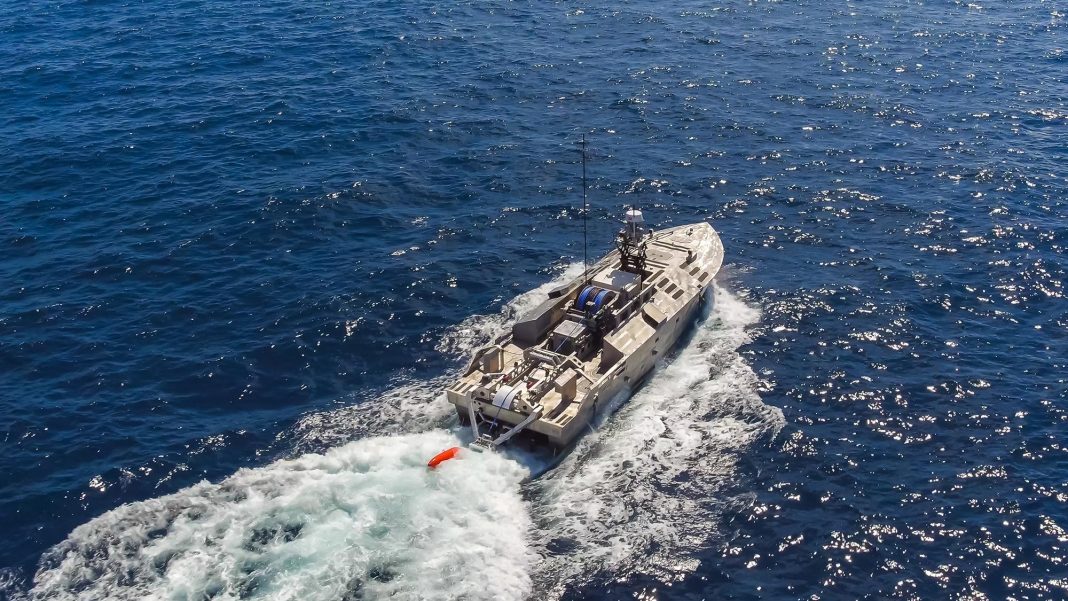The Defense Innovation Unit (DIU) has taken a significant step in enhancing the Pentagon’s high-tech capabilities by awarding contracts to seven firms for the development of software integral to the Replicator drone-swarm initiative. Official announcements detail two pivotal software projects under the Replicator program: the Opportunistic, Resilient and Innovative Expeditionary Network Topology (ORIENT) and Autonomous Collaborative Teaming (ACT).
Selected companies for the ORIENT initiative include Viasat, Aalyria, Higher Ground, and IoT/AI. This component aims to create resilient command and control solutions for various autonomous systems that can operate across multiple domains, including aircraft, marine vessels, and land vehicles. The focus is on ensuring robust communication and operational effectiveness even in challenging environments.
On the other hand, Swarm Aero, Anduril Industries, and L3Harris have been contracted for the ACT effort. This initiative is tasked with delivering mission autonomy software that enables the coordination of thousands of uncrewed assets. The technology is designed to function effectively in environments where traditional communication channels and Global Navigation Satellite Systems (GNSS) may be compromised.
Doug Beck, director of the DIU, emphasized the importance of leveraging top-tier commercial software solutions to bolster modernization efforts within the Department of Defense (DoD). He noted that many leading firms in the fields of artificial intelligence and autonomy are outside the conventional defense industrial base, and DIU is actively partnering with various stakeholders to incorporate innovative capabilities from the U.S. technology sector into the defense strategy. This latest development within the Replicator initiative exemplifies this collaborative approach.
The overarching goal of the Replicator program is to bolster deterrents against potential aggressive actions from adversaries, particularly focusing on China and the risk of a Taiwan invasion. The initiative aims to procure thousands of low-cost, expendable uncrewed systems across all operational domains by August 2025. Thus far, the AeroVironment Switchblade 600 loitering munition is the only platform confirmed for inclusion in the program, although additional assets are expected to be introduced shortly.
While initial procurement efforts are primarily concentrated on the Indo-Pacific command, there are plans to expand the capabilities across the entire Joint Force in the future. U.S. Navy Adm. Christopher Grady, Vice Chairman of the Joint Chiefs of Staff, highlighted the program’s role in breaking down operational silos and speeding up the development of autonomous systems. He described Replicator as a pioneering project that provides valuable insights and lessons that will inform how the military approaches future challenges, ultimately facilitating broader use of uncrewed systems across various missions.





